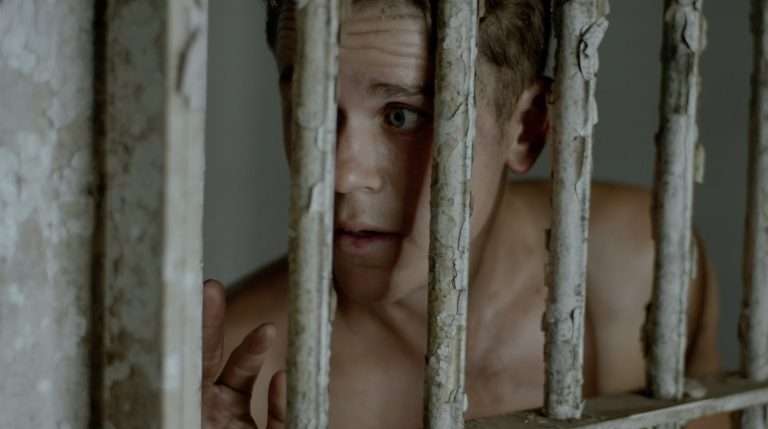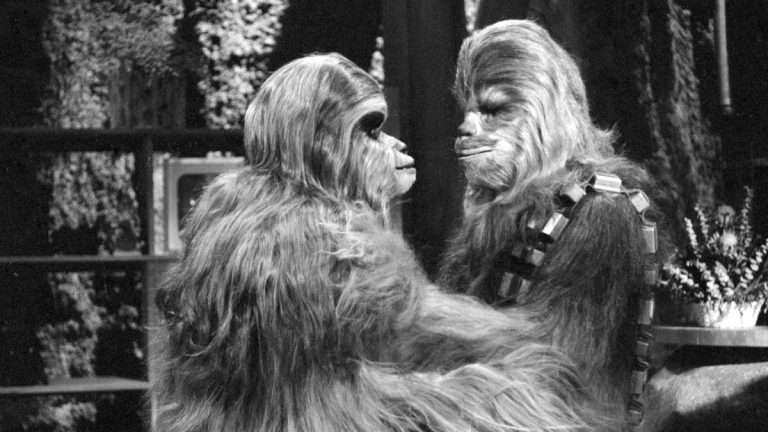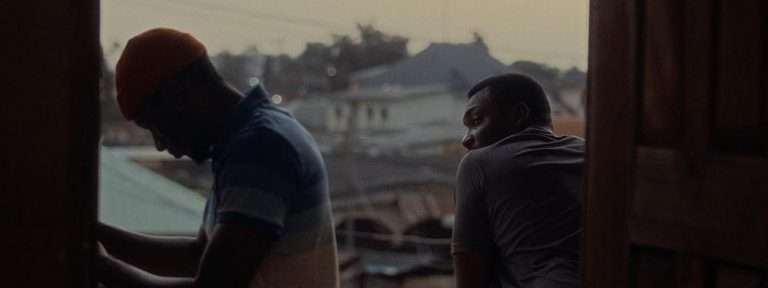Dhanush is an accomplished actor, so he can now focus on getting acquainted with other departments of filmmaking. He’s now exploring storytelling and direction as natural extensions of his artistic journey. “Idli Kadai” (“Idli Shop,”2025) begins with a personal note from Dhanush, where he reflects on the memories of his native village—a gesture that immediately grounds the film in something warm and personal. The premise, at its core, brims with nostalgia and a sense of quiet comfort. But while the idea is instantly inviting, stretching it into a full-length feature presents a far trickier creative challenge.
The narrative follows Murugan (played by Dhanush), a man who leaves his hometown in pursuit of a better life, gradually losing touch with his parents, his roots, and even the traditional craft of making idlis (the quintessential Tamil breakfast staple). When tragedy forces him back home, he inherits his late father’s modest Idli shop. As he rebuilds, he encounters rivals determined to destroy not only the shop but also his sense of belonging.
Dhanush’s debut as a director with “Power Paandi” (2017) was an unexpectedly tender film about aging and love. One that carried both cinematic grace and emotional candour. While his subsequent ventures failed to match that debut’s balance of warmth and craft, “Idli Kadi” (2025) feels like a deliberate return to his comfort zone: small-town characters, moral clarity, and familial ties wrapped in sentimentality. With the success of “Thiruchitrambalam” (2022), now “Idli Kadai” (2025), Dhanush might be on track to create his unofficial “Feel-good Dhanush” trilogy.
That said, the narrative feels dated in this, almost like a film made in the early 2000s, echoing the sentimental simplicity of Frank Capra or Nancy Meyers’s gentler heart-warming dramas. The structure is predictable, and the screenplay leans on conventional emotional arcs. Yet Dhanush compensates through casting. Nearly every performance feels authentic, not ornamental. The ensemble, many of whom have previously worked with Dhanush, exudes lived-in familiarity. Their grounded presence brings texture where the writing sometimes falters.
A surprising emotional thread runs between Murugan and a calf—it is named after his father. Convinced that the animal is his father’s reincarnation, Murugan attempts to bond with it. When the calf finally accepts him, the film reaches one of its few genuinely moving moments. This lends the story a spiritual undertone. These subplots may be predictable, but filmmaker Dhanush renders them with enough sincerity to make them feel soulful. This kind of emotional honesty is scattered elsewhere in the film, but here it lands most poignantly.
Murugan’s father (played by Rajkiran) believes in peace and harmony. In his life, he was regarded as a wise and hardworking man. His mulish stubbornness in believing traditions and customs makes it hard for him to adapt to technology. When Murugan’s only property, the Idli shop, is burnt down to ashes, he thinks of his father’s ideology. That there is no use in revenge.

Also Read: 15 Indian Movies About Dysfunctional Family
He says, “all the lost materials can be remade or repurchased, but not human life”. I feel this message is important. Though it is overfamiliar and has been told a million times by millions of people in a million different ways. It should still continue to be told until world peace is ensured for everyone. The good values like not being harmful to others, respecting elders, paying more attention to families, setting a boundary for work-life balance, not forgetting the roots, patience, and tolerance are some of the highlighted themes found all over the film.
Nithya Menon once again plays the affectionate, naïve, innocent, grounded partner who stands firmly beside her man. It’s a role she embodies effortlessly, but one that now borders on repetition. If her character had been written with fresh nuances, she could have dominated the screen with her natural presence. Still, her warmth adds an undeniable tenderness to the film. Meera (played by Shalini Pandey), despite limited screen time, leaves a strong impression with her spontaneity and charm.
Parthiban’s portrayal of the local inspector offers a pleasant surprise. Breaking away from Tamil cinema’s long-standing trope of the corrupt cop, he lends the character a small moral core—a quiet decency that humanizes him. The film’s central twist, where he defies the millionaire antagonist, becomes one of the few instances where “Idli Kadi” steps outside its predictability, allowing the story to breathe with renewed tension and grace.
In “Raayan” (2024), Dhanush’s direction suffered slightly from amateur performances delivered by a few first-time actors. That shortcoming feels corrected in “Idli Kadi” (2025), where the performances are far more assured and cohesive. However, the film’s music and background score fail to reach the emotional depth and sonic richness that A.R. Rahman brought to “Raayan” (2024). The film feels as if it has reached its natural conclusion at the intermission. Extending it beyond that point risks stretching its emotional arc thin. The same pacing issue that affected “Captain Miller” (2024).
However, unlike “Captain Miller” (2024), “Idli Kadi” (2025) cleverly pivots midway, slightly shifting focus from the protagonist while still orbiting around him through multiple antagonistic threads. It creates a faint sense of curiosity, who will act next, and why, even if that intrigue remains modest. “Idli Kadi” (2025) ultimately stands as a film more about intent than innovation. Dhanush’s storytelling here is soft-spoken, sentimental, and occasionally uneven, but never dishonest. His vision of goodness—of kindness, forgiveness, and cultural rootedness may feel old-fashioned, but it’s precisely that simplicity that gives the film its modest charm.
Predictable yet pure, “Idly Kadi” (2025) doesn’t leave behind a cinematic high; instead, it leaves a quiet warmth, the kind that lingers long after the credits.





![Titli [2015]: A Terrifying Investigation of the Dog-eat-Dog World](https://79468c92.delivery.rocketcdn.me/wp-content/uploads/2015/11/25434380_1771599252858805_2046786633_o-768x422.png)


